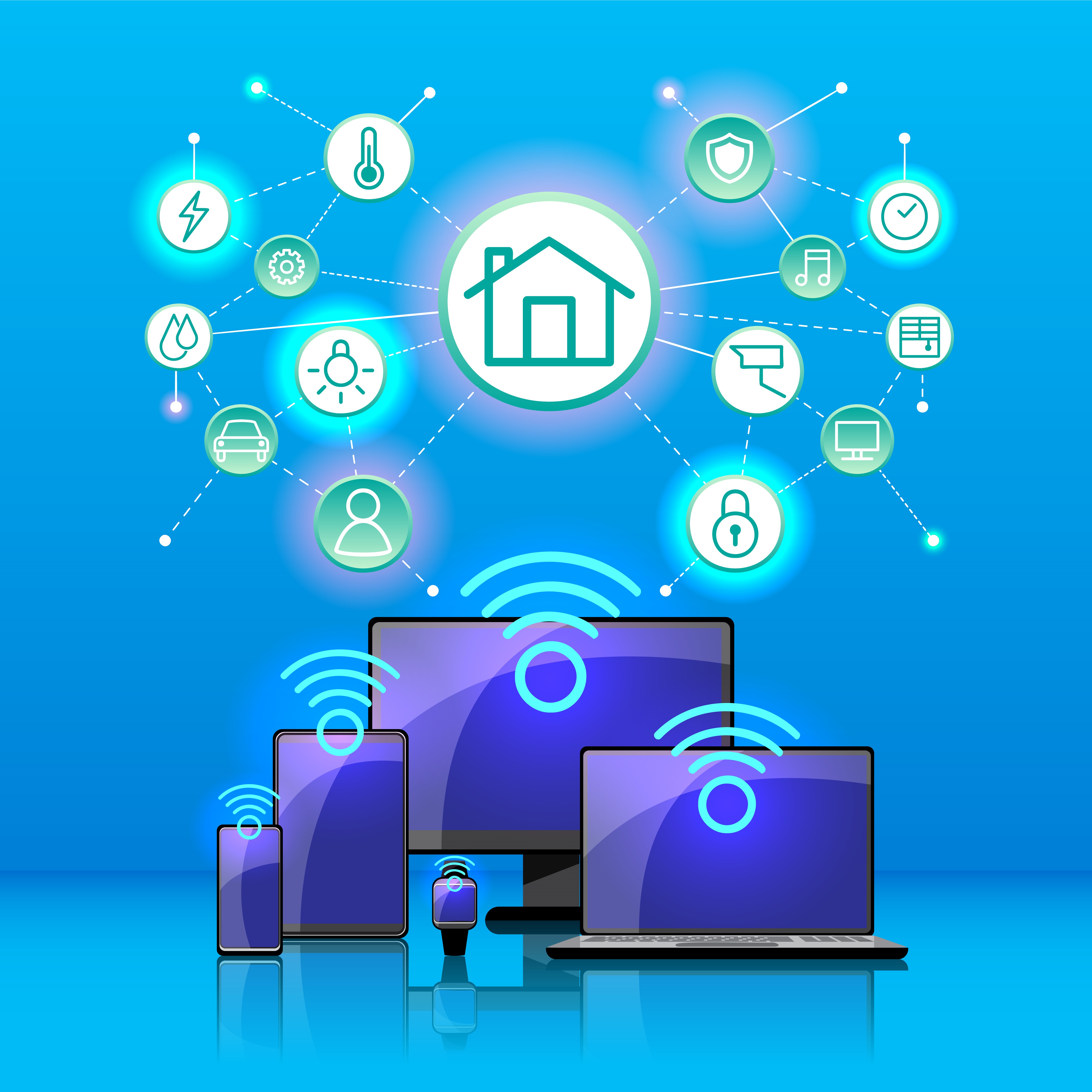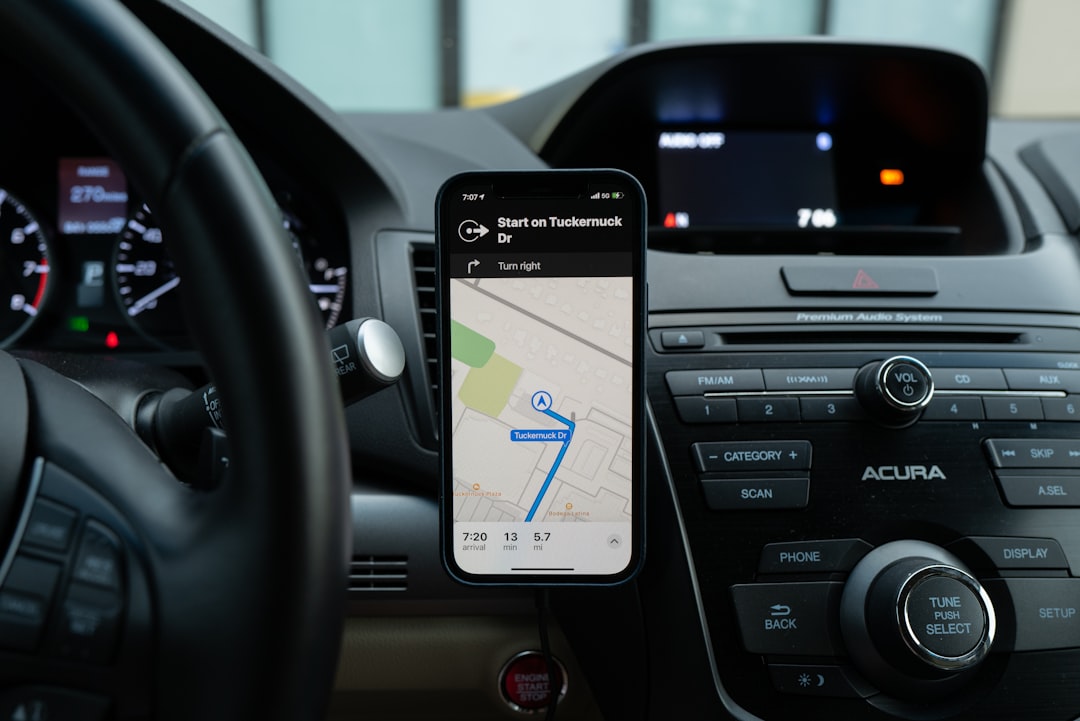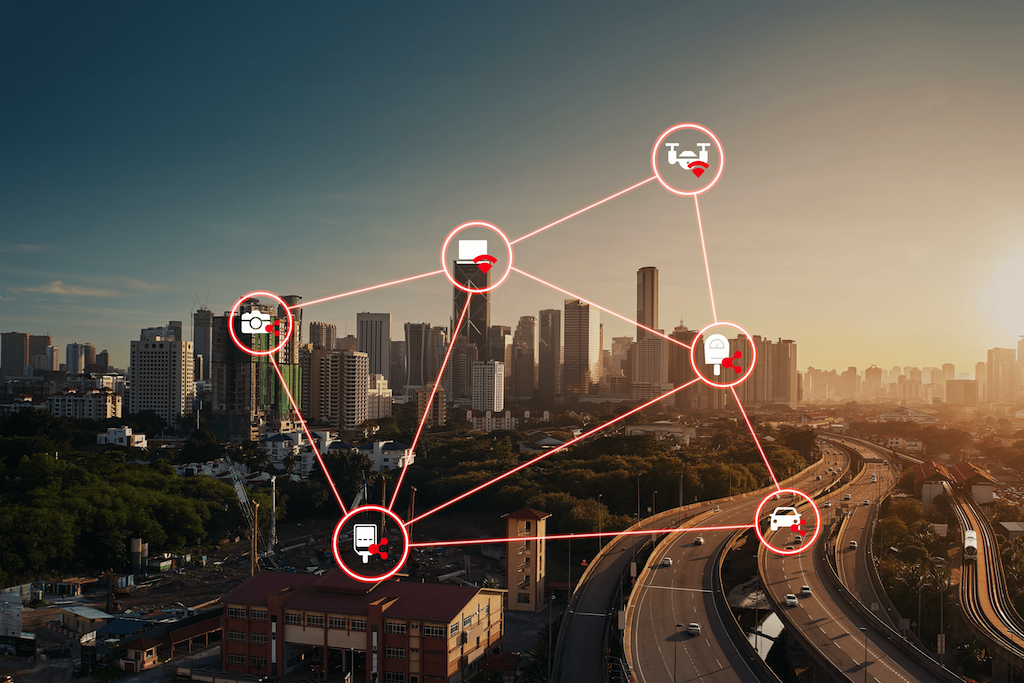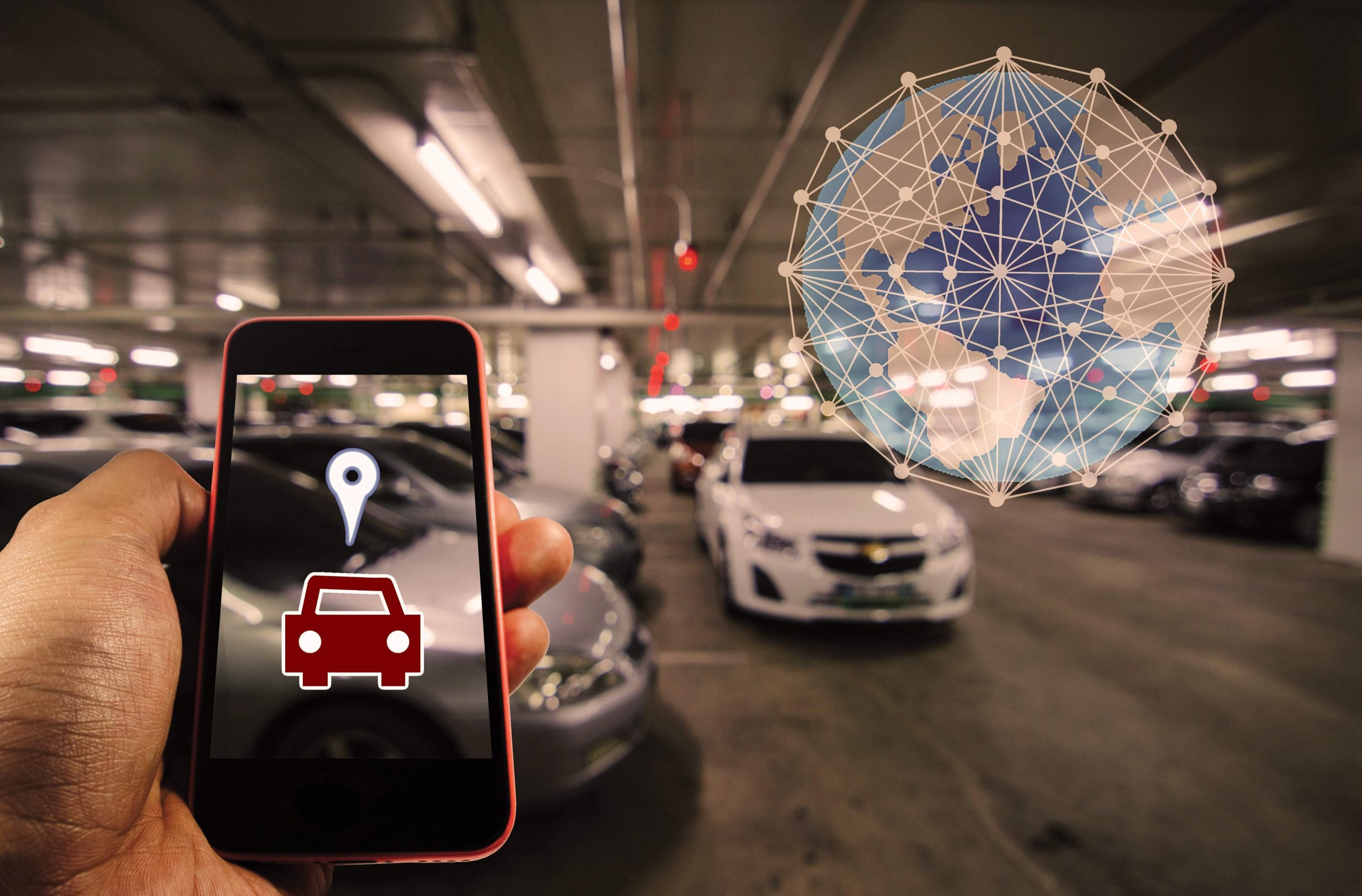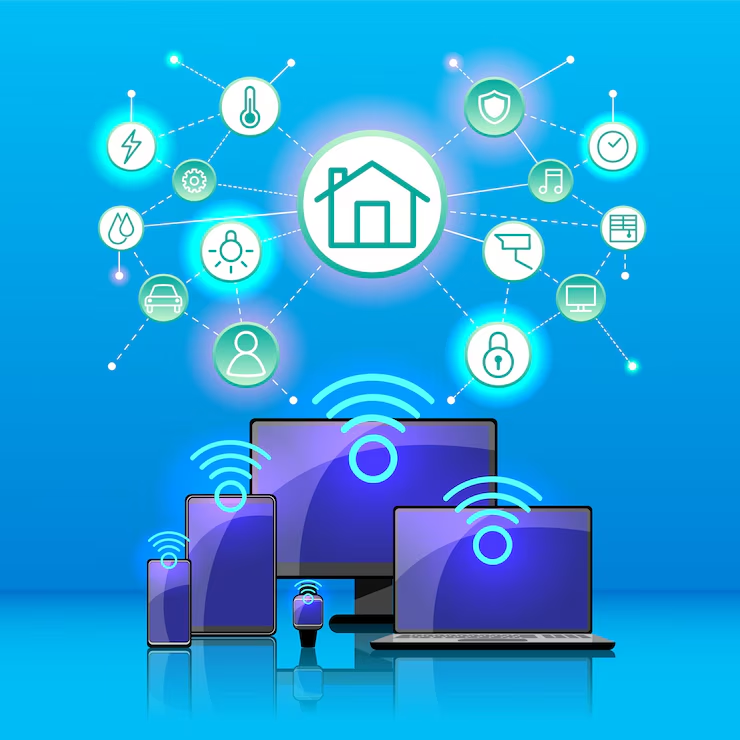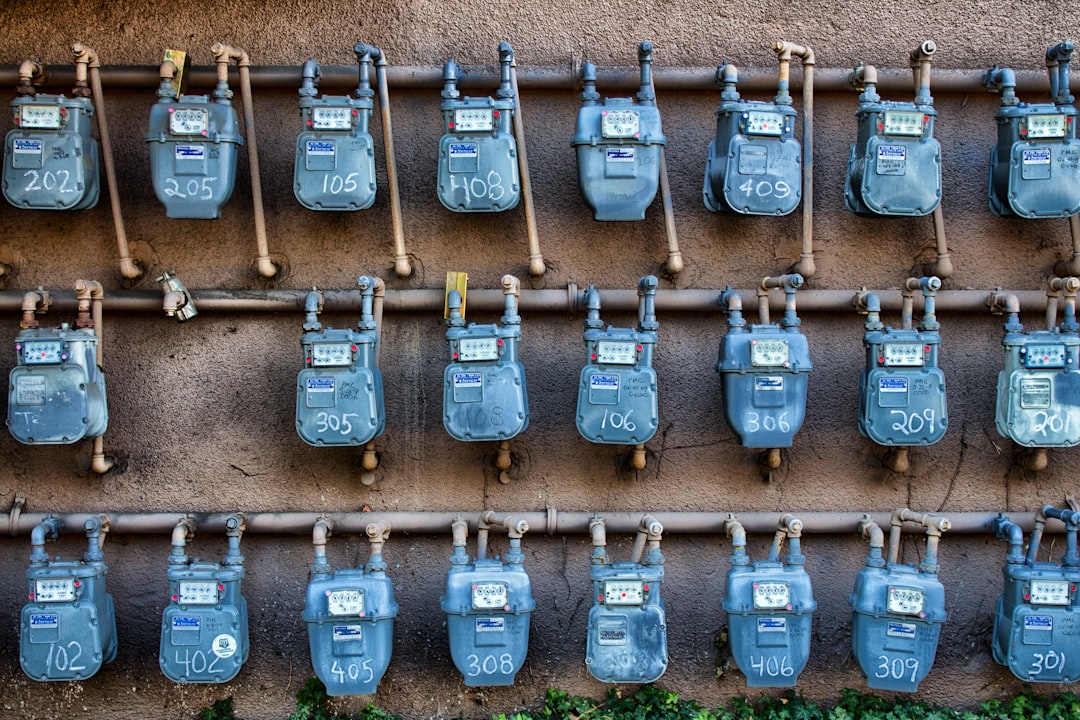Top 5 Industries Benefiting from the Infusion of IoT Applications
-
July 14, 2022
-
6 min read
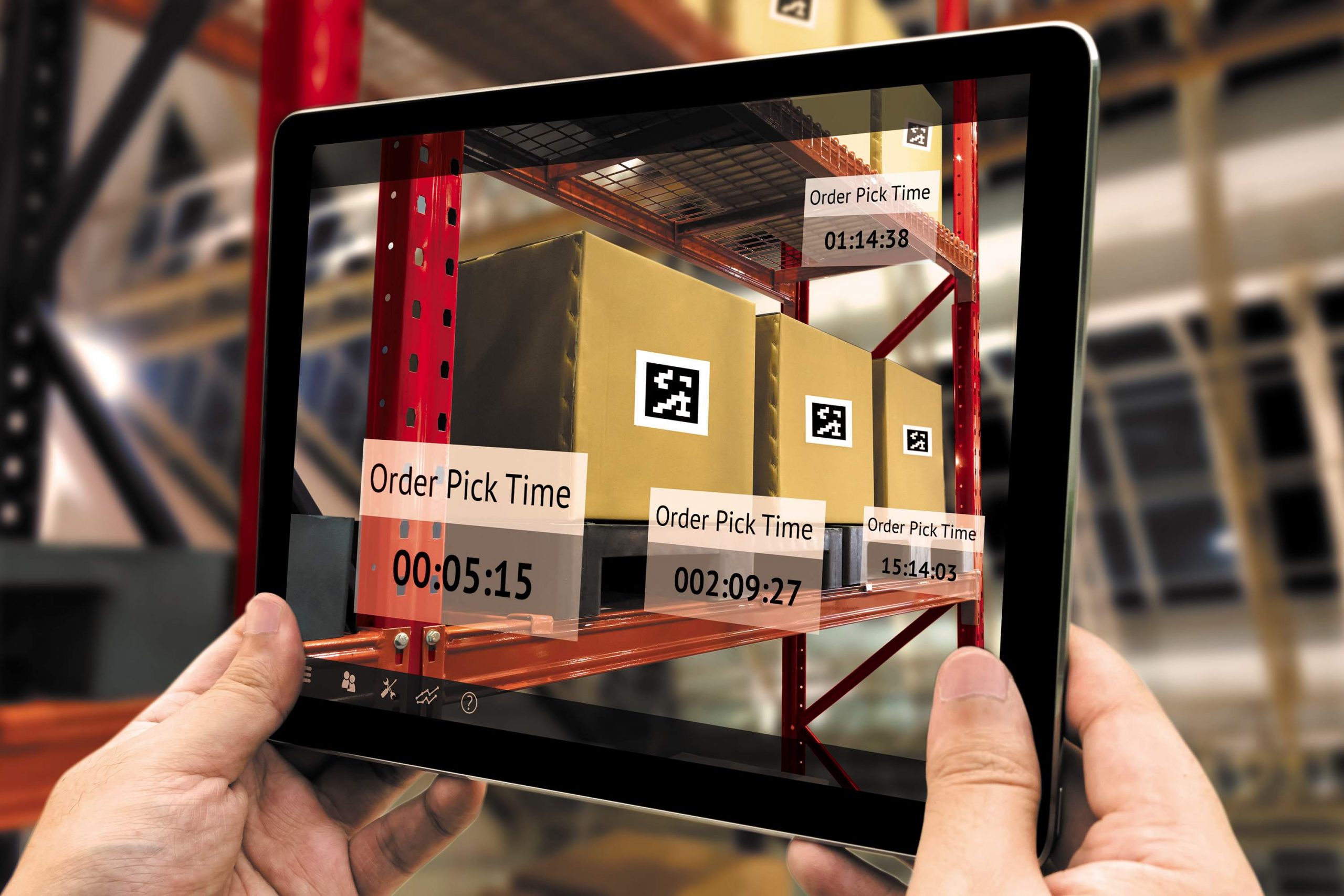
IoT has notched deep into business operations. This penetration and the towering number of connected devices visibly transform other sectors and industries. Statista estimates 17.08 billion connected IoT devices in 2024, while another research hints at 34% of brands hoping for a widespread IoT implementation in the coming decade. Clearly, the impact is massive and touches every business use case, from IoT location tracking to smart production and service delivery.
Industry-wise IoT use cases
IoT brings multifold benefits and opportunities to enterprises. It allows:
- Optimising operational methods.
- Incorporating automation, analytics, and telematics.
- Predictive maintenance.
- Real-time remote monitoring.
While IoT is a silver bullet for most challenges in every industry, its influence in some is magnum opus.
1. Revolutionising Manufacturing Through IoT
Manufacturing is a bonafide leader in embracing innovation, and the trend continues for IoT integration. IoT spearheads its Industry 4.0 revolution, contributing 72%. It helps manufacturers with valuable insights to downscale waste, enhance efficiency, and increase profitability. Some revolutionary IoT applications are:
Monitoring production flow
IoT applications allow businesses to monitor and optimise workflow. By analysing constant real-time machine data, they can probe the processes to scrap mundane tasks and minimise waste.
Remote equipment tracking
IoT enables anytime, anywhere equipment tracking. The tracking data helps in maintenance, preserves equipment performance, and reduces costly downtime. It also increases a machine’s lifetime.
Condition-based maintenance
Manufacturing bulk products require controlled temperature, pressure, vibrations, etc. Constant IoT data from equipment ensures that the processes maintain these conditions and parameters within the critical range to churn out quality products.
Supply chain optimisation
Optimising the supply chain and inventory is crucial for uninterrupted, quality production and maintaining ideal stock. IoT logistics & fleet tracking automates the movement of goods from stockrooms to production sites and warehouses to customers.
2. Enhancing Healthcare with IoT Solutions
Healthcare is one of the fastest-growing segments in IoT markets. IoT enables newer medical functions and empowers smart devices to encourage proactive healthcare with greater accuracy. It drives multiple innovative operations and promotes preventive care.
Patient monitoring and dynamic care
Monitoring critical patient parameters is pivotal for medical care. Real-time tracking of temperature, heart rate, blood pressure, and sleep patterns allows doctors to adjust their treatment plans dynamically.
Regularising medicine doses
Patients often forget to take medicines. They either take reduced doses, untimely doses or miss them altogether. It misleads doctors about their responses to treatment. Healthcare IoT devices can remind patients of every dose and also account for skipped doses.
Remote healthcare
IoT bridges the gap between patients and doctors in rural or remote areas. Doctors can reach patients through telemedicine, connecting devices like body sensors and cameras to the Internet. It helps clinics and hospitals to collaborate with other healthcare centres and specialists to provide comprehensive care.
3. IoT’s Impact on Agriculture: Modernising Farming Practices
From sensors monitoring soil health and moisture to smart irrigation systems, IoT remarkably modernises farming practices. It encourages sustainable farming while maximising yields. Some prominent agriculture IoT applications are:
Field monitoring
Farmers can monitor their fields using smart bots and drones. Ground-based bots survey the fields on wheels, while drones monitor the farms from the air. Powered with smart cameras and sensors, they generate real-time data for farmers to make informed decisions about crop planting, pest control, and more.
Automated greenhouse
Greenhouse environments require maintaining several parameters such as temperature, lighting, humidity, and soil conditions to specific levels. Farmers can use IoT-based smart sensors to collect these atmospheric data and initiate quick actions to preserve the environment.
Climate monitoring
Assessing climate is essential for choosing the right crop and maximising the farm’s production. IoT sensors provide real-time climatic data that helps maintain a favourable crop environment. The information also helps safeguard crops from sudden storms, falls, locust attacks, etc.
4. Smart Cities: IoT Transforming Urban Infrastructure
Smart cities are the spot-on example of macro-level IoT integration, constituting several existing IoT projects. IoT transforms every aspect of urban development, including traffic lights, waste management, energy optimisation, and air and water quality monitoring. Some leading smart cities IoT applications, building cleaner, safer, and more efficient cities are:
Efficient city services
IoT connects traffic signals, monitoring systems, and other sensors to generate valuable insights. Authorities can use these insights to efficiently utilise infrastructure and improve city transport, waste management, pollution control, digital governance and more.
Sustainable energy management
IoT in energy and utilities drives sustainable urban development in many ways.
- Street lights that automatically turn off during daylight.
- Smart grids and IoT meters to balance demand and supply, optimise power flow, and detect anomalies.
- Energy-efficient construction by smart sensors and controllers that manage lighting, ventilation, heating, and air conditioning (HVAC).
- Integrating renewable energy sources with IoT-powered solar panels.
Smart surveillance
IoT sensors, cameras, and recognition systems are mostly attached to traffic lights and street corners. They help authorities identify malicious activities and swiftly prevent them. IoT-based crowd management system helps identify crowd movement in large gatherings and prevent unfortunate incidents.
5. Retail Reinvented: IoT’s Influence on Consumer Experiences
IoT redefines how retailers operate and engage customers. Its impact is evident as 94% of retail businesses benefit from IoT and advocate that its advantages significantly override the risks. The technology brings innovation, unprecedented convenience, and personalised experience to the industry. Some celebrated IoT use cases:
Improved customer experience
IoT-based customer tracking and analytics fuel personalised ads and offers and drive sales. Amazon driving 35% of online customer purchases using customised ads is an affirmation of the same. The systems also help retailers identify customers’ in-store behaviour and deliver hyper-personalised shopping experiences.
Enhanced supply-chain management
With logistics IoT, retailers can track products from origin to shelf. Such technologies provide real-time data on product movement, reducing waste and efficiently resolving supply chain bottlenecks.
Smart inventory management
IoT enhances inventory visibility and procurement planning. It eliminates issues like overstocking, stockouts, and shrinkage. Retailers can automate reordering and maintain the correct stock levels using AI cameras and IoT sensors.
Future Outlook: Expanding Horizons of IoT Integration
IoT integration has transformed various industries with groundbreaking innovations. It has become a key economic driver for developing countries which concentrate 40% of its global value.
Many businesses embrace IoT for cost reduction, workflow optimisation, enhanced customer experience, improved health, and more. It inspires the highest degree of automation, unmatched customer experience, and new revenue models.
Applications like AR-based shopping, fully automated retail stores, remote surgeries, smart greenhouses, and many others are promising Industrial IoT developments that will continue revolutionising businesses in various sectors.
Consider the IoT management platform and connection options offered by Airtel. Improve the efficiency of your business with M2M sim connectivity, which provides scalable, adaptable, and safe Internet of things services.
 Share
Share


